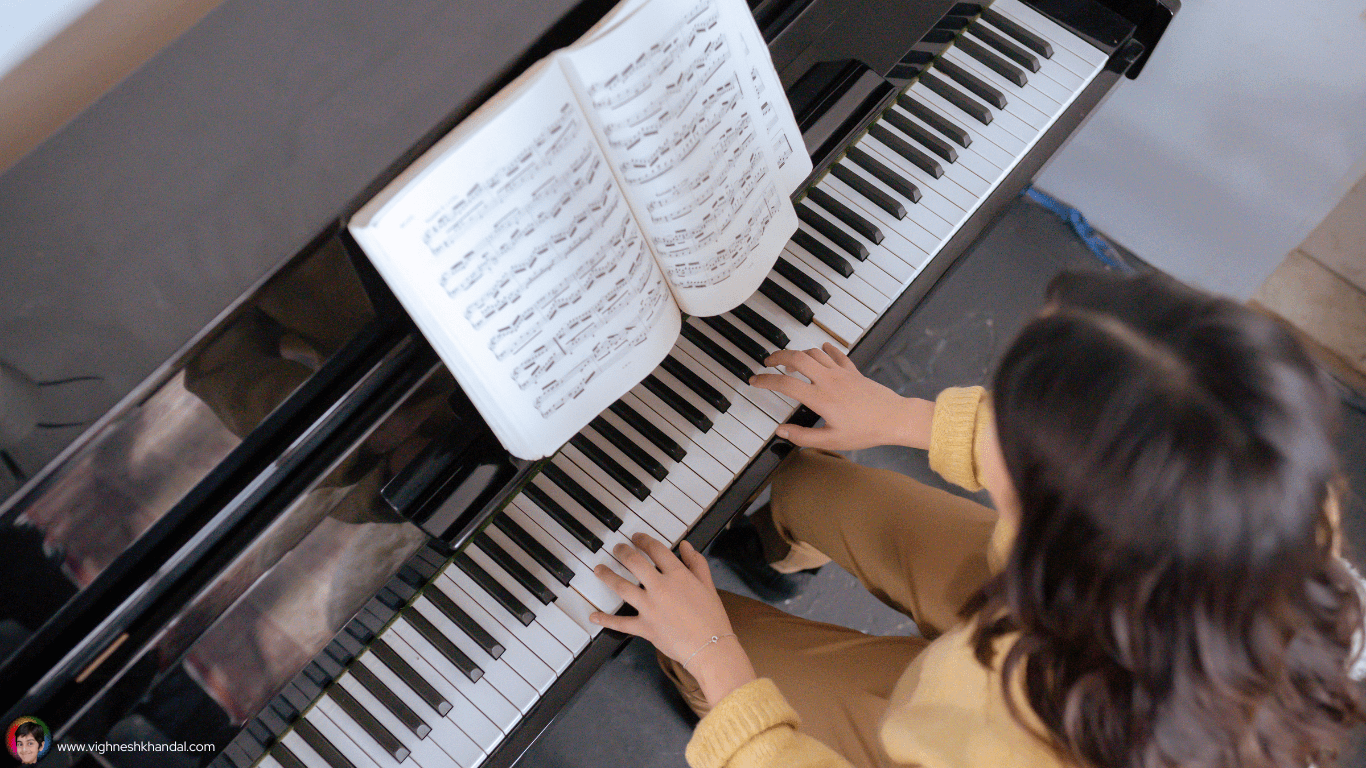Introduction: Classical Piano Music for Studying
When it comes to studying, finding the right music to help you concentrate can make a huge difference. While some people prefer complete silence, many find that listening to music can boost their productivity and help them stay focused for longer periods of time. Among the different types of music that can be used for studying, classical piano music has proved to be particularly effective in enhancing concentration and reducing stress levels. In this blog post, we’ll explore the benefits of classical piano music for studying and provide you with a playlist of the best pieces to help you stay focused and motivated.
Benefits of Classical Piano Music for Studying
Studies have shown that classical piano music can help improve cognitive performance, memory, and creativity, making it an ideal choice for students looking to enhance their study sessions. The soothing melodies and calming rhythms of classical piano music can also reduce stress levels and promote relaxation, helping students to stay calm and focused during exam season.

Additionally, the structure of classical music, with its predictable patterns and repetitive motifs, can create a sense of order and stability that can be beneficial for studying. This is because the brain can become easily overwhelmed by chaotic or unpredictable sounds, making it harder to concentrate and process information. Classical piano music, on the other hand, can help create a sense of structure and routine, which can make studying feel more manageable and less stressful.
Best Classical Piano Music for Studying
Now that we’ve discussed the benefits of classical piano music for studying, let’s take a look at some of the best pieces to include in your study playlist. These pieces have been selected based on their soothing melodies, calming rhythms, and ability to enhance concentration and productivity.
- Beethoven’s “Moonlight Sonata”
- Chopin’s “Nocturne in E-flat Major”
- Bach’s “Goldberg Variations”
- Debussy’s “Clair de Lune”
- Mozart’s “Piano Concerto No. 21 in C Major”
- Rachmaninoff’s “Piano Concerto No. 2 in C Minor”
- Schubert’s “Piano Sonata No. 13 in A Major”
- Tchaikovsky’s “The Seasons”
These pieces are just a starting point, and you can feel free to add or remove pieces based on your personal preferences. It’s important to choose music that you find enjoyable and that helps you stay focused and motivated.
Tips for Creating the Ultimate Study Playlist: To create the perfect study playlist, consider the following tips:

- Choose music with a slow tempo , typically between 60-80 beats per minute, as this can help promote relaxation and reduce stress levels.
- Look for pieces with a repetitive structure or predictable patterns, as these can create a sense of stability and routine that can be beneficial for studying.
- Avoid music with lyrics, as these can be distracting and can interfere with your ability to concentrate on your work.
- Use headphones to help block out external noise and create a distraction-free environment.
- Experiment with different pieces and genres to find the ones that work best for you and your study habits.
Incorporating classical piano music into your study routine can be a powerful way to enhance your concentration, productivity, and overall academic performance. By following the tips outlined in this blog post and experimenting with different pieces, you can create the ultimate study playlist that will help you stay focused and motivated. So, put on your headphones, and hit play on your favorite classical piano.
How to Find More Classical Piano Music for Studying
If you’re looking for more classical piano music to add to your study playlist, there are a number of resources available online. Websites like Spotify, Apple Music, and YouTube offer a wide variety of curated playlists and individual pieces that are perfect for studying. You can also explore different genres and eras of classical music to find the pieces that work best for you. Finally, don’t be afraid to ask for recommendations from friends, family, or music teachers, as they may have insights and suggestions that you haven’t thought of.

Incorporating Music into Your Study Routine
While classical piano music can be a great addition to your study routine, it’s important to remember that everyone’s study habits are different. Some people may find that complete silence works best for them, while others may prefer different types of music or ambient noise.
The key is to experiment with different options and find what works best for you. Additionally, it’s important to take breaks regularly and avoid overworking yourself, as this can lead to burnout and decreased academic performance.

By incorporating music into a well-rounded study routine, you can improve your concentration, reduce stress, and achieve academic success.

